neuro instruments
1/28
There's no tags or description
Looks like no tags are added yet.
Name | Mastery | Learn | Test | Matching | Spaced | Call with Kai |
|---|
No analytics yet
Send a link to your students to track their progress
29 Terms
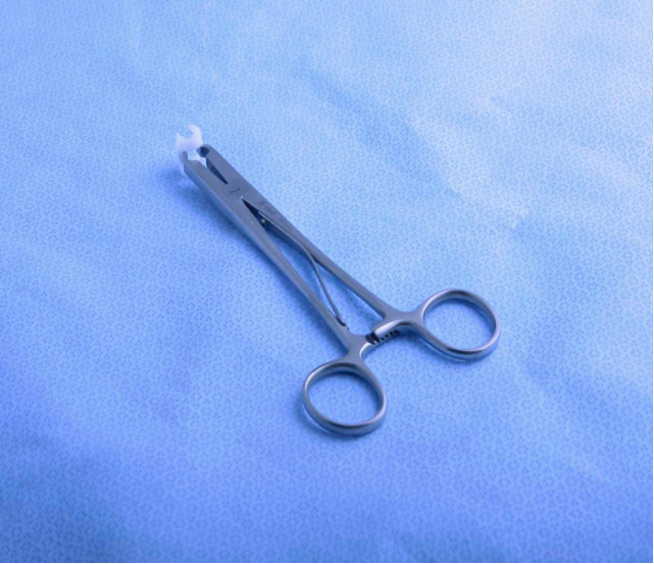
compression hemostasis of the scalp, do not load ahead of time because it will have memory and not close completely, also available in preload guns
raney clip appliers
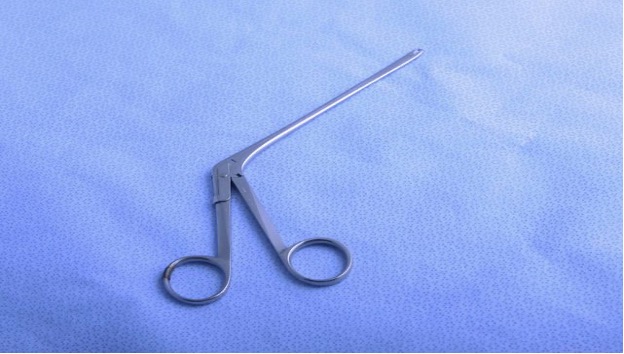
remove bulging disc or other delicate tissue, different configurations available for use in various small spaces, available in different lengths for different depths
straight pituitary
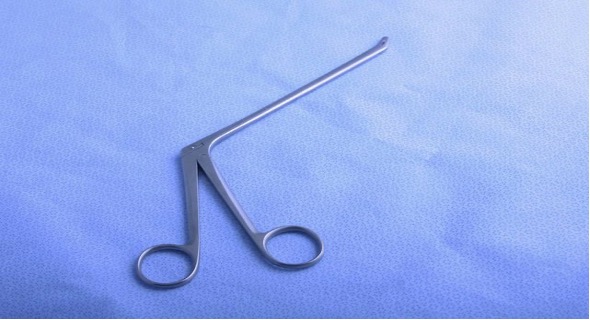
remove bulging disc or other delicate tissue, different configurations available for use in various small spaces, available in different lengths for use at various depths
45 degree up biting pituitary
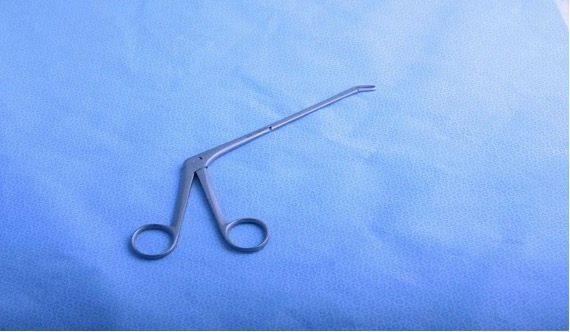
remove bulging disc or other delicate tissue, different configurations available for use in various small spaces, available in different lengths for use at various depths
45 degree down biting pituitary
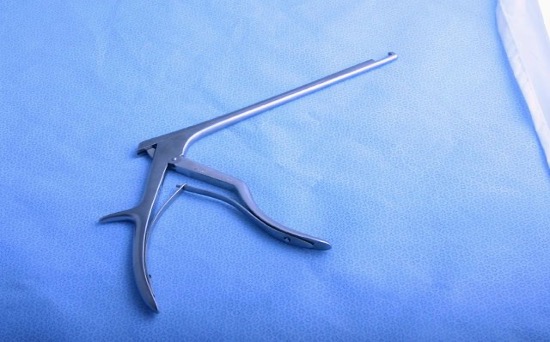
excise lamina, bite off small pieces of bone, available in different lengths for use at various depths, size, and angle chosen by level being worked on and comfort for user
90 degree up biting kerrisons
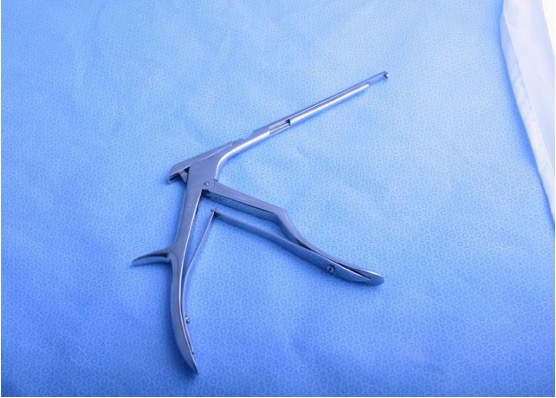
excise lamina, bite off small pieces of bone, available in different lengths for use at various depths, size, and angle chosen by level being worked on and comfort for user
90 degree down biting kerrisons
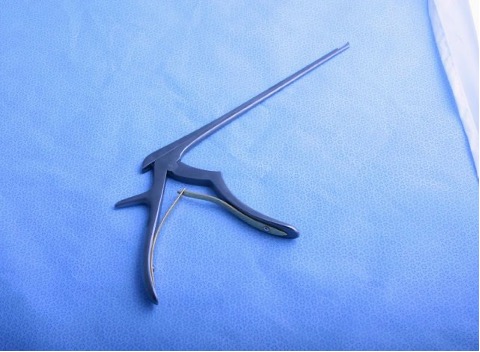
excise lamina, bite off small pieces of bone, available in different lengths for use at various depths, size, and angle chosen by level being worked on and comfort for user
45 degree kerrisons
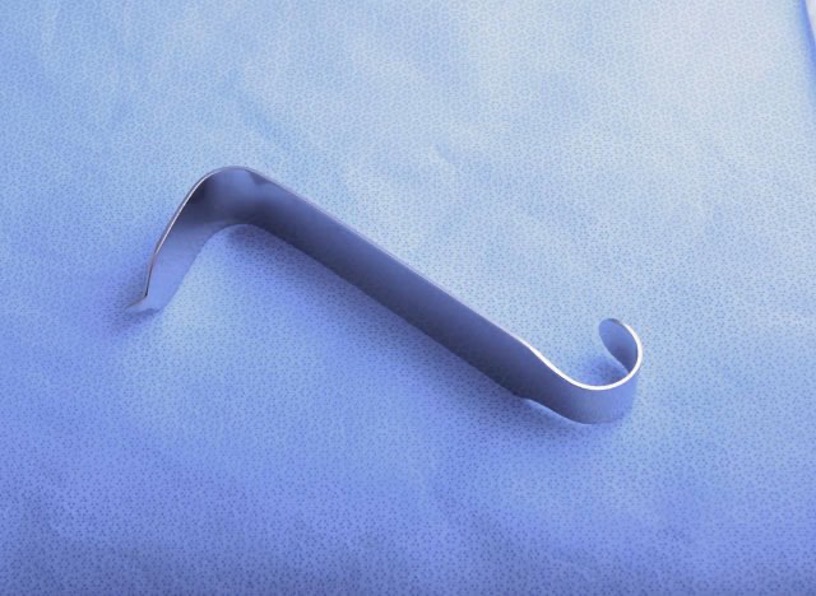
retract muscle and tissue away form spine, may attach roller gauze or kerlix and tie down to table so no one has to hold it in place
Taylor retractor
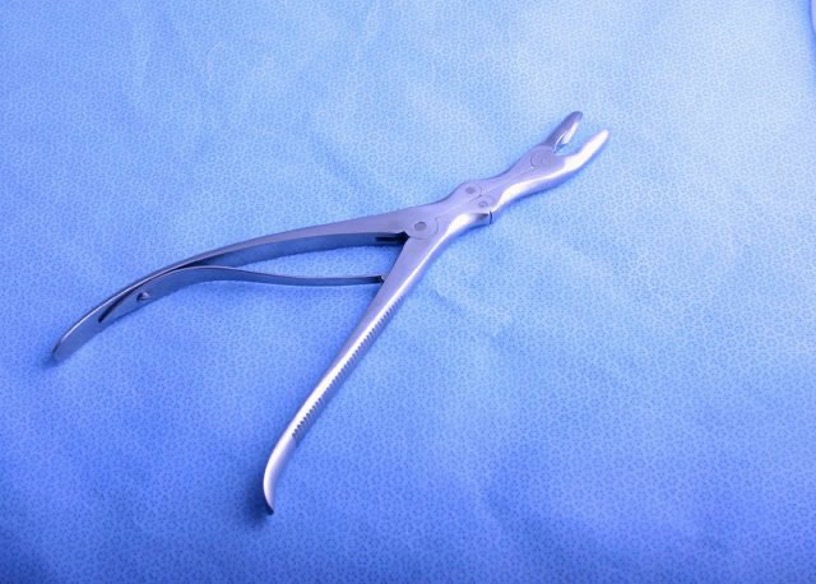
remove spinous process for access to lamina, double action for strength
leksell ronguer
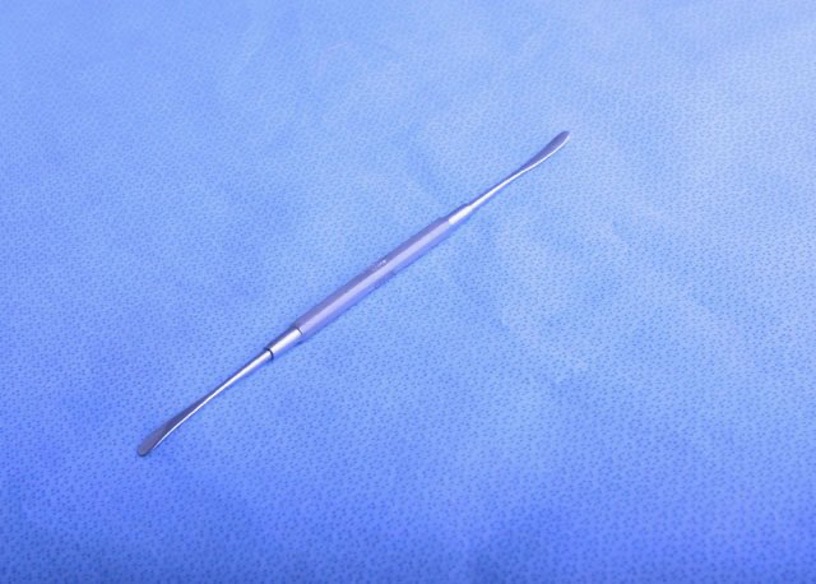
free tissue, retract tissue to gain better surgical site exposure, one end is shape and one is dull, surgeon may ask for a specific end
freer
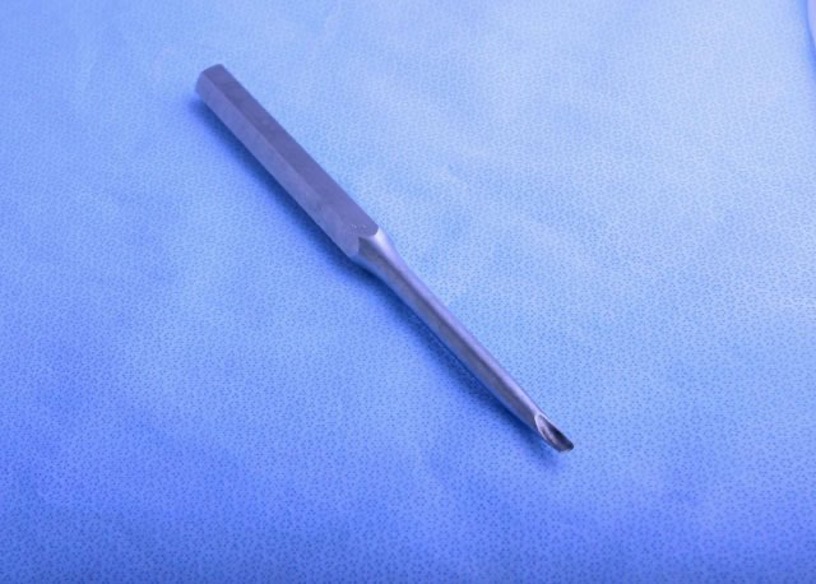
remove bone from vertebra, driven with mallet
spinal gouge
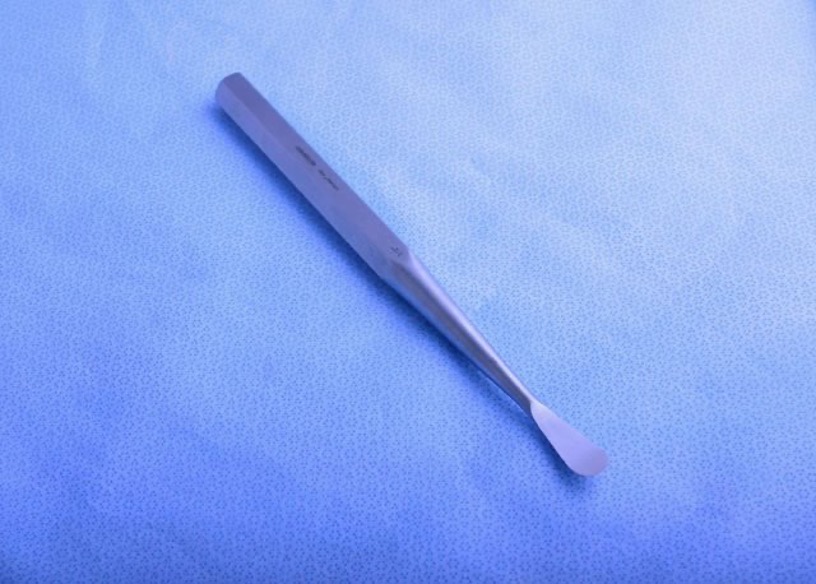
placed under bone to free and elevate, action is similar to lever
Cobb spinal elevator
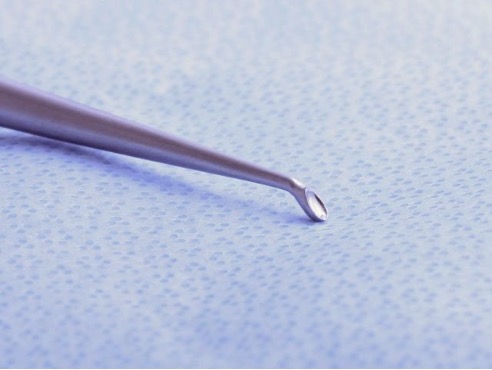
remove bone, angled to get into small hard to get to spaces
epstein curette
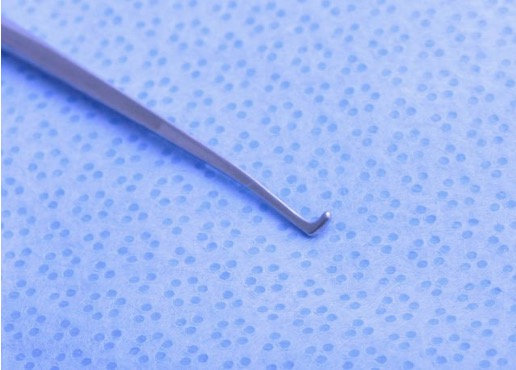
retract nerves or blood vessels to gain better surgical site exposure, available in different sizes (micro and regular)
nerve hook
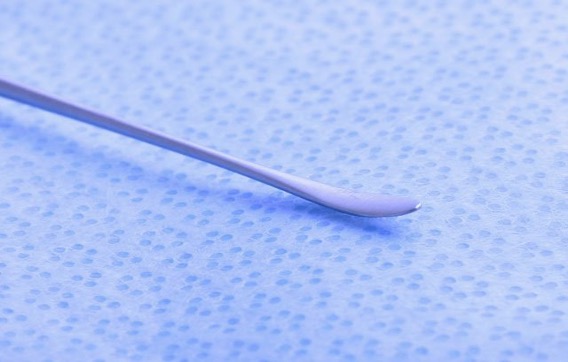
free tissue, small retractors as disc level, come in a variety of sizes, identified by number, need to have more than one on set up as they roll easily/may drop off the field and more than one may be needed at a time
penfield
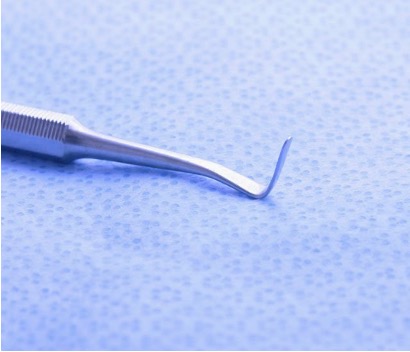
scrape tissue dissect delicate tissue (dural separator), end may be used as packer for sponges or hemostatic agents
Woodson
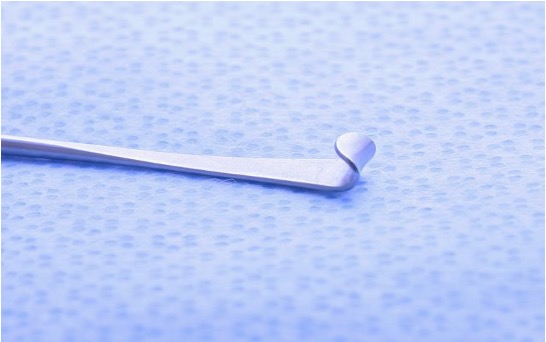
retract nerve root, nerve root is larger so requires a wider instrument than the nerve hook
nerve root retractor
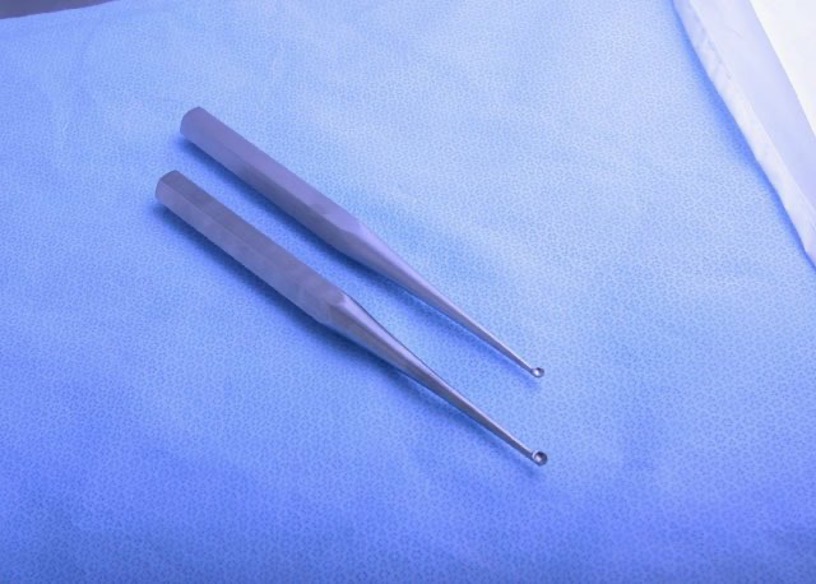
clean and remove bone, longer handles needed for working at greater depth, such as lumbar level
laminectomy curettes
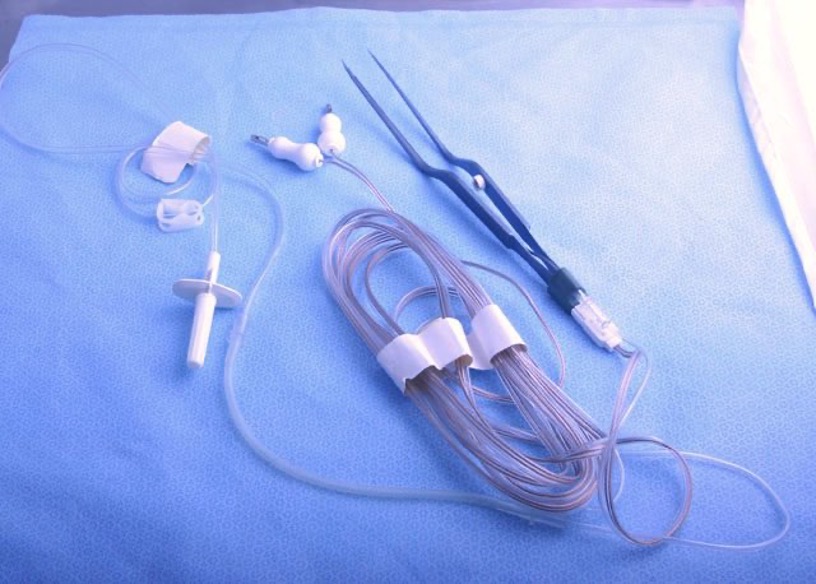
delivers current for hemostasis and irrigation to cool tissue simultaneously, less thermal damage occurs to tissue that is cooled- this is a patient safety issue in neuro where you are working on the brain/spinal cord or close to major nerves
malis irrigating bipolar
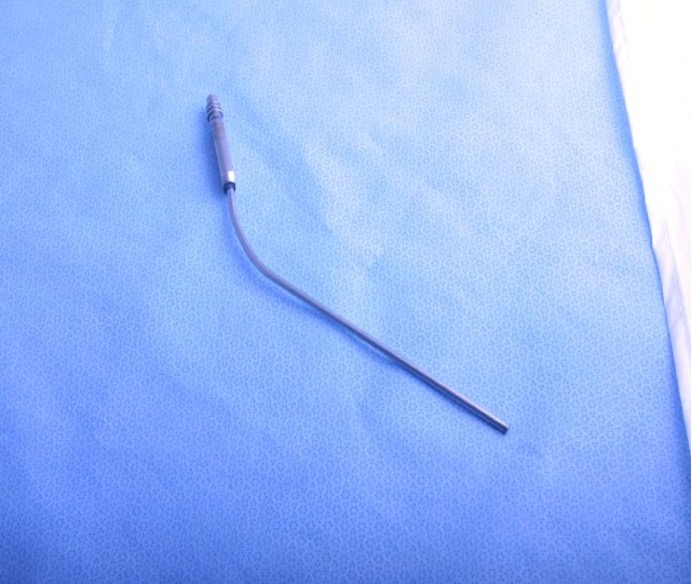
suction in small spaces, angled to keep user’s hand out of field of vision, needed to be cleaned out frequently with stylet to maintain maximum suction, many sizes available in reusable and disposable stylets
Frazier suction
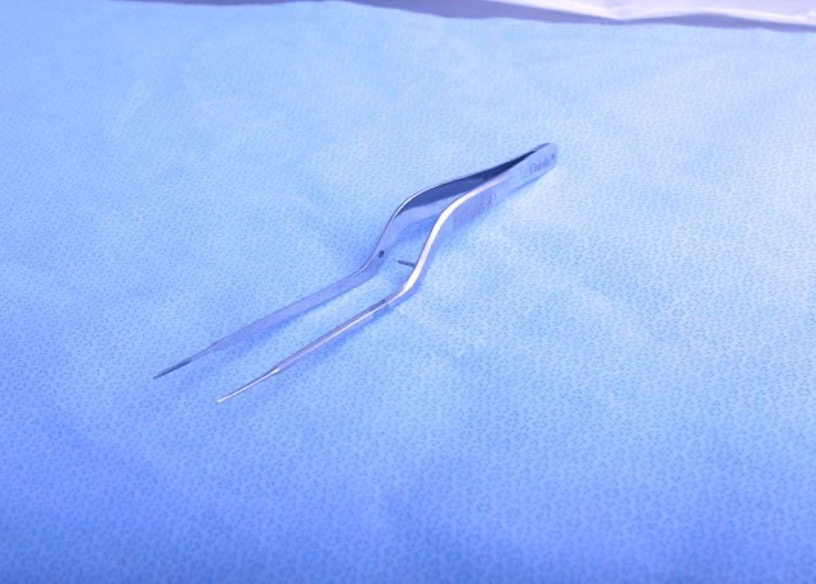
grasp tissue or sponges, bayonet shape gets user’s hand out of the field of vision, fine to fit into small spaces
Cushing tissue forceps
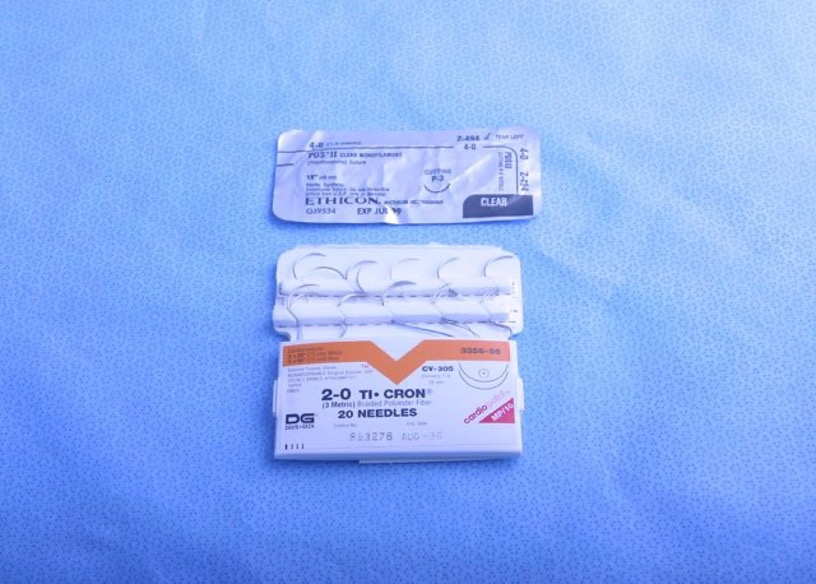
suture fine, delicate tissue like dura, coated with silicone to allow for easy movement through delicate tissue non-absorbable, minimal inflammatory reaction with tissue
Ti-con and PDS suture
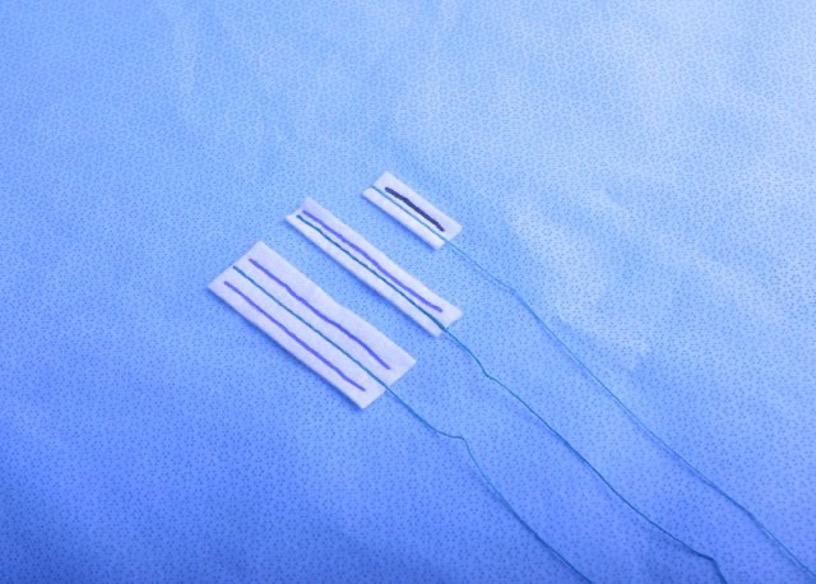
hemostasis, made of compressed rayon cotton which will not damage delicate tissues, come in variety of sizes, used wet, have X-ray marker strings attached for use in locating and removing sponges, avoid cutting them
cottonoids
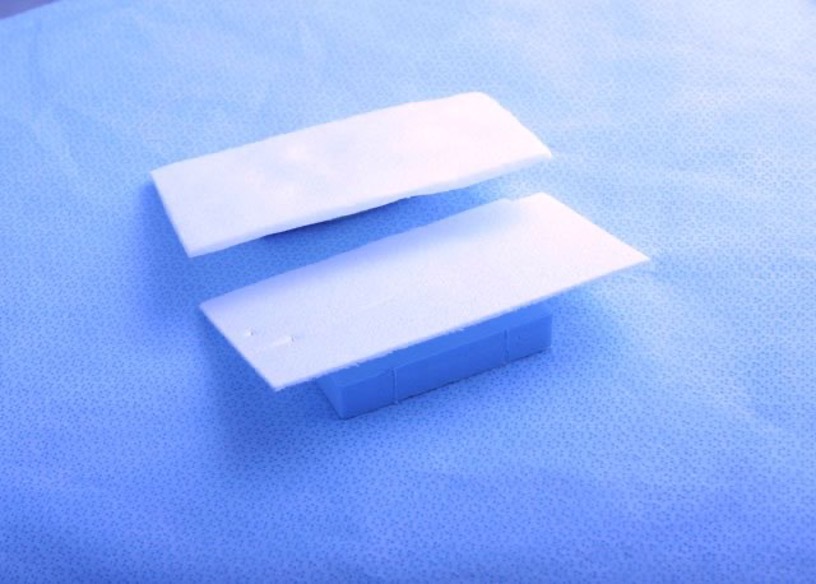
hemostasis, comes in a variety of sizes that are regular or compressed, often cut to fit area to be used on and soaked in topical thrombin
gel foam (regular and compressed)
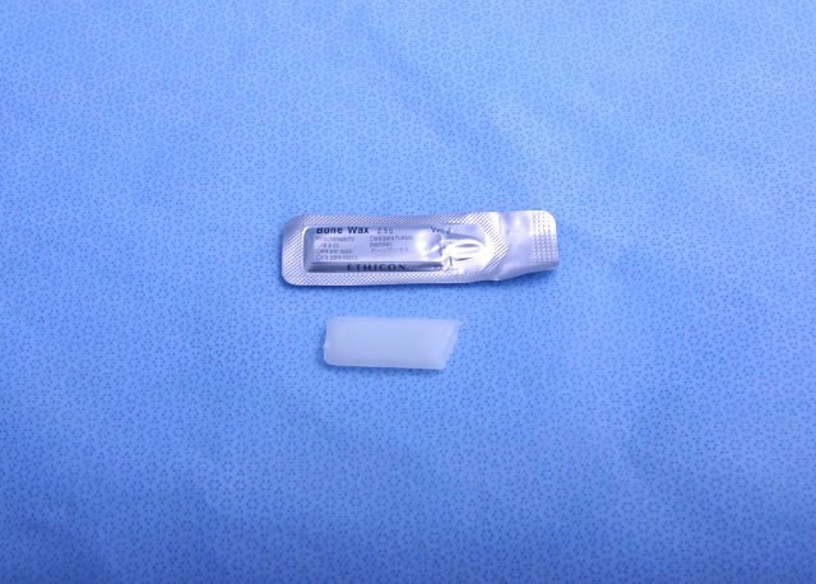
hemostasis on bleeding bone, often applied in small round pieces from end of penfield or freer
bone wax
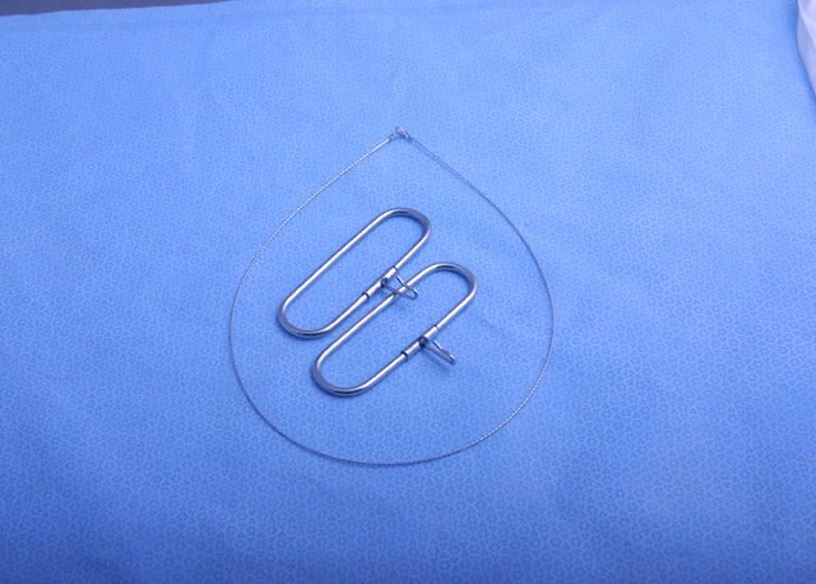
cut bone, used with handles and back and forth motion to accomplish cut, not often used as power tools are easier and safer to use
gigli saw
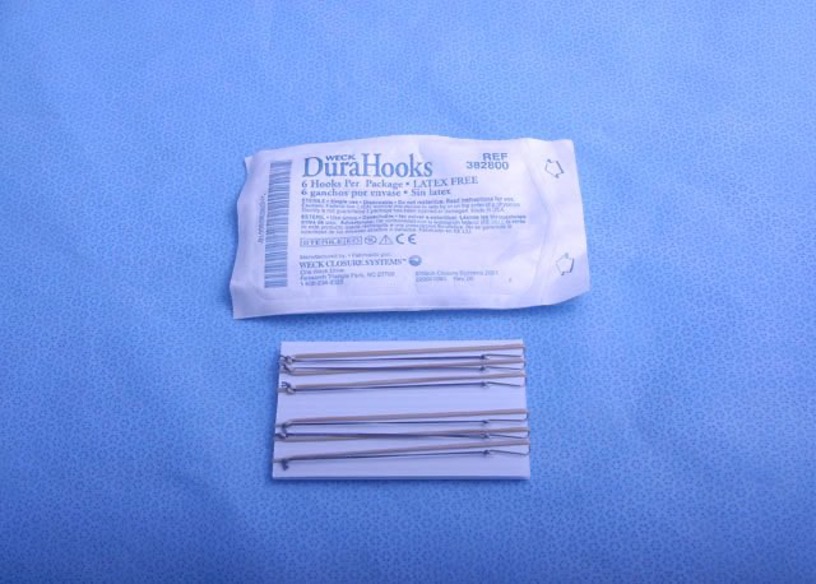
retract dura during a craniotomy, hooks attach to dura and are held in place by calming rubber band end to drapes with a kelly, allows dura to be held back without doubling back on itself-thus making replacement at end of the case easier
durahooks
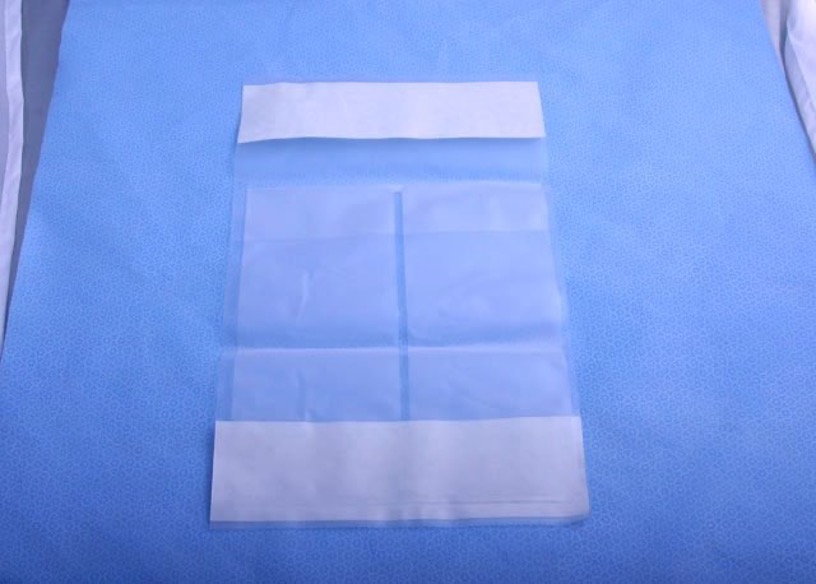
hold suction, bovie, and instruments, sticks to drape and allows needed items to be kept closer to user
instrument pouch
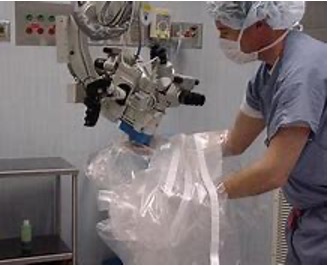
maintain sterile field, requires practice to place drape on microscope, best if circulating nurse can reach inside drape and pill it over the scope as the ST places it, perforated sections over eye pieces are removed, use caution with lens caps to avoid contamination
microscope drape